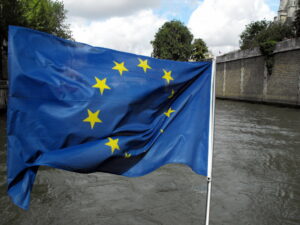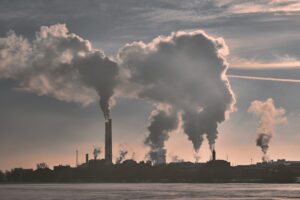Coca-Cola has launched an international river clean up, with $11m (£8.5m) pledged to clean up nine rivers across the world, however, the campaign has received backlash with the company continuing to be the world’s largest plastic polluter.
The drinks brand is being supported by Benioff Ocean Initiative at the University of California to clean up the rivers, which span four continents around the world.
The first project to receive funding will be the Matias Hernandez River in Panama.
Eight other programmes in Vietnam, India, Indonesia, Ecuador, Mexico, Thailand, Jamaica and Kenya will be the next to receive funding later this year.
Each project will aim to clean up the polluted river and also use data about the captured waste to change behaviour in people, local communities and businesses.
Helen Smith Price, president of The Coca-Cola Foundation, said: ‘This is an important global partnership for a truly global challenge, cleaning up some of the world’s most polluted rivers and identifying new ways to prevent plastic waste from entering our rivers and oceans.’
Dr Douglas McCauley, director of the Benioff Ocean Initiative said: ‘Scientists have made great strides in identifying how important rivers are in carrying plastic waste to the ocean.
‘We are so thrilled to now use this research to strategically mount an intervention to this global problem.’
However, this project has received backlash from many environmental campaign groups.
Environment Journal reported on findings late last year (October 2019), published by environmental group Break Free From Plastic, who revealed that Coca-Cola is the largest plastic polluter in the world, polluting more than the next three global polluters combined.
Kate Melges, Greenpeace U.S plastics campaigner has commented: ‘It is the first month of 2020 and Coca-Cola has already redoubled its efforts to keep plastic in production and distract customers with more cleanup efforts.
‘Coca-Cola has spent decades and millions of dollars selling the world on the false notion that we can simply recycle or clean up its plastic pollution.
‘That is a lie and people will no longer tolerate companies placing the onus on us to clean up their mess.
‘If Coca-Cola is serious about addressing the plastic pollution crisis, it is time for the company to prove it by phasing out single-use plastics and moving towards systems of reuse.’
Photo Credit – Pixabay















